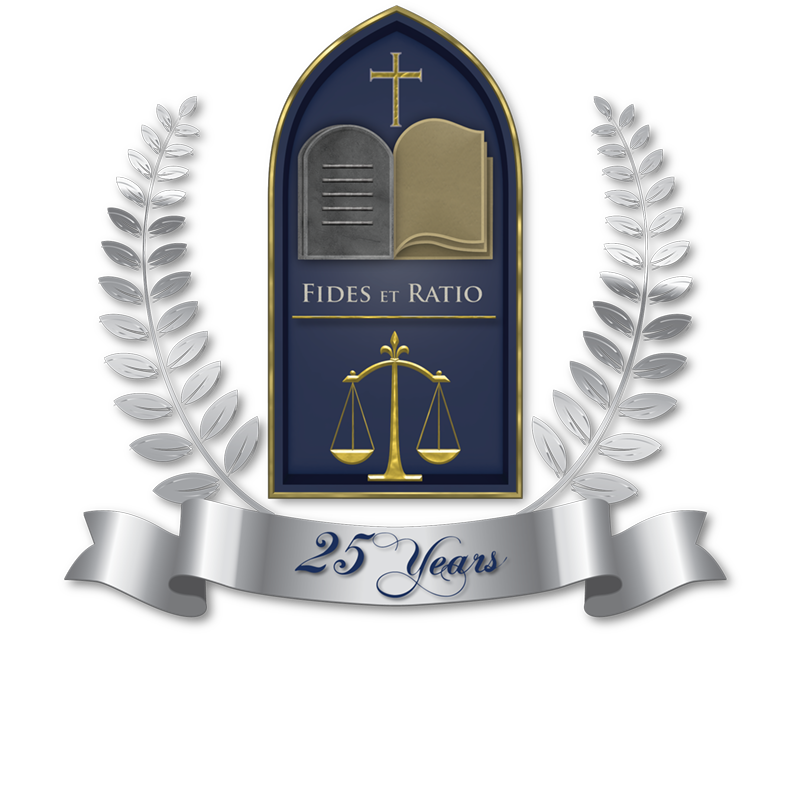Patent policy reformation and
the impending stifling of generative AI

By Malica Fils-Aime,
The Gavel, Associate Editor
J.D. Candidate, Class of 2024
Patent policy is pivotal to the dissemination of AI innovation. In October 2023, the United States Patent and Trademark Office (“USPTO”) imposed a series of modifications to the rules of practice for pre-issuance circulation and proceedings within the Patent Trial and Appeal Board.1 These propositions may stifle innovation and harm developers in the fast-growing field of artificial intelligence (AI). Strong patent protections are meant to incentivize individuals and organizations to invest in research, to develop and disclose AI-related discoveries.2 Patent policies have a direct effect on use of algorithms, AI models, datasets, and commercialization of AI-generated content.
According to the new regulations, the USPTO Director will no longer be involved in Patent Trial and Appeal Board (“PTAB”) panel decisions prior to patent issuance.3 have final say and be fully responsible for all its decisions4 USPTO will no longer interfere in the panel’s decision process unless specifically requested by a panel member5 USPTO has additionally suggested new restrictions on who is eligible to file petitions for patent review.6
Congress established the Patent Trial and Appeal Board (“PTAB”) at the USPTO in 2011 under the Leahy-Smith America Invents Act (AIA) as an alternative to litigation.7 The Board is charged with hearing ex parte appeals regarding application decisions, conducting inter partes reviews and post grant reviews to provide effective dispute resolution and prevent meritless lawsuits.8 By imposing restrictions on patent review petitions, UPSTO can be regarded as interfering with the Congressional requirement, allowing for any patent challenge to be heard so long as the petition is timely and meritorious.9 As maintained by the U.S Supreme Court in Cuozzo Speed Technologies, LLC v. Lee, Congress, via the AIA, allowed any third party to request the agency to initiate inter partes review of a patent claim – “[p]arties that initiate the proceeding need not have a concrete stake in the outcome; indeed, they may lack constitutional standing”.10 With the new restrictions, however, those not directly affected by lawsuits can no longer petition for review.11
AI developers and challengers of the proposed modifications, including Microsoft, Google and Apple, have argued that the existing inter partes review system of UPSTO should be maintained. According to Halimah Delaine Prado, Google’s General Counsel, the current review process is “…carefully constructed to address examination errors, providing expert, efficient and cost-effective review of the small subset of patents with the greatest impact on our economy”.12 With the USPTO’s growing claims over new AI technologies, this new review process will make it increasingly difficult to correct errors in the patent examination process.13 USPTO should not remove itself from the review process but instead provide patent examiners with wide-ranging AI training that place USPTO officials in a position to grant commendable AI patents while denying those that thwart advancements in AI “like patents that simply ‘apply AI’ to basic ideas” as put by Prado.14
USPTO posits that the review changes better align with the office’s mission to promote and protect innovation.15 USPTO has maintained that the proposals are in line with the Congress’ intent to provide an affordable alternative to district court litigation for patentability issues all while protecting patentees from harassment.16 Critics are less convinced. In order for artificial intelligence to reach its potential in resolving many of today’s issues, the USPTO must first create a platform for AI to flourish.
References:
1 The federal register. Federal Register :: Request Access. (n.d.). https://www.federalregister.gov/documents/2023/04/21/2023-08239/changes-under-consideration-to-discretionary-institution-practices-petition-word-count-limits-and
2 Yanisky-Ravid, S., & Jin, R. (2020). Summoning a new artificial intelligence patent model: In the age of pandemic. SSRN Electronic Journal. https://doi.org/10.2139/ssrn.3619069
3 USPTO issues proposed rules on pre-issuance internal circulation and review of PTAB decisions, issues a new PTAB standard operating procedure (SOP) for ptab decision review, and updates ptab sop for decisions remanded from the federal circuit. https://www.uspto.gov/subscription-center/2023/uspto-issues-proposed-rules-pre-issuance-internal-circulation-and-review (last visited Oct. 5, 2023).
4 Interim process for Ptab Decision Circulation and internal PTAB Review (2023) United States Patent and Trademark Office – An Agency of the Department of Commerce. (5 October 2023). https://www.uspto.gov/interim-process-ptab-decision-circulation-and-internal-ptab-review
5 USPTO issues proposed rules on pre-issuance internal circulation and review of PTAB decisions, issues a new PTAB standard operating procedure (SOP) for Ptab Decision 16 | avemarialaw.edu
Review, and updates PTAB SOP for decisions remanded from the Federal Circuit. United States Patent and Trademark Office – An Agency of the Department of Commerce. (2023, October 5). https://www.uspto.gov/subscription-center/2023/uspto-issues-proposed-rules-pre-issuance-internal-circulation-and-review
6 Robert, A. Proposed patent reforms will harm ai innovation, Google GC says. ABA Journal. (2023, August 24). https://www.abajournal.com/news/article/proposed-patent-reforms-will-harm-ai-innovation-google-gc-says#:~:text=In%20her%20letter%2C%20DeLaine%20Prado,the%20greatest%20impact%20on%20our
7 Paul R. Gugliuzza, Quick Decisions in Patent Cases, 106, georgetown. l. rev., 619, 623 (2018).
8 GOA, Preliminary Observations on Overight of Judicial Decision-making, Patent trial and Appeal Board … – congress.gov. https://www.congress.gov/117/meeting/house/115027/witnesses/HHRG-117-JU03-Wstate-WrightC-20220721.pdf
9 Robert, A. Proposed patent reforms will harm ai innovation, Google GC says. ABA Journal. (2023, August 24), https://www.abajournal.com/news/article/proposed-patent-reforms-will-harm-ai-innovation-google-gc-says#:~:text=In%20her%20letter%2C%20DeLaine%20Prado,the%20greatest%20impact%20on%20our
10 Cuozzo Speed Techs., LLC v. Lee, 579 U.S. 261, 261
11 Jonathan Stroud, opinion contributor (2023) Congressional hearing exposes fatal flaws in Patent Office’s proposed rules, The Hill. Available at: https://thehill.com/opinion/congress-blog/3998683-congressional-hearing-exposes-fatal-flaws-in-patent-offices-proposed-rules/ (Accessed: 27 January 2024).
12 Robert, A. Proposed patent reforms will harm ai innovation, Google GC says. ABA Journal. https://www.abajournal.com/news/article/proposed-patent-reforms-will-harm-ai-innovation-google-gc-says#:~:text=In%20her%20letter%2C%20DeLaine%20Prado,the%20greatest%20impact%20on%20our (last visited Aug. 24, 2023).
13 Id.
14 Id.
15 Rules Governing Pre-Issuance Internal Circulation and Review of Decisions Within the Patent Trial and Appeal Board. The federal register. https://www.federalregister.gov/documents/2023/10/06/2023-22218/rules-governing-pre-issuance-internal-circulation-and-review-of-decisions-within-the-patent-trial
16 Changes Under Consideration to Discretionary Institution Practices, Petition Word-Count Limits, and Settlement Practices for America Invents Act Trial Proceedings Before the Patent Trial and Appeal Board. The federal register. https://www.federalregister.gov/documents/2023/04/21/2023-08239/changes-under-consideration-to-discretionary-institution-practices-petition-word-count-limits-and




